The conventional wisdom is that big is better for social applications — more people in an online social network makes the network more valuable to all participants because they can more easily talk to each other. Being big and popular is a good thing, right?
Well, Facebook now has 750 million users.That’s 750 million monthly active users – not just existing accounts that may or may not be used regularly. Billions, even trillions of opportunities to connect with someone. Amazing.
But here’s the rub: there might just be such a thing as being too popular.

Remember MySpace and Friendster? When was the last time you shared anything on either? Friendster succumbed to crashing servers and users couldn’t access the site as it grew too popular — that’s an example of technology placing friction on the popularity of a social network. MySpace buried itself in advertising and spammy profiles as it grew past the hundred-million user mark — that’s an example of business policies placing friction on popularity.
So what about Facebook? Facebook seems to have avoided technology and business pitfalls so far and has grown way past the size of Friendster or MySpace. But recent stories suggesting that Facebook’s active userbase might be declining make me wonder whether there’s a third kind of limitation on the popularity of social apps. What if something else is at work here — something akin to the law of gravity, a force of nature beyond Facebook’s control (or anyone else’s, for that matter).
What if, at a certain size, a person’s social network becomes too large to be easily navigated and shared with as intended? Maybe as a social app gets more and more popular, there’s social friction that starts to get in the gears. We hear stories of teenagers not wanting to be “friends” with their parents and here at Katango, we’ve received thousands of opinions from users who say they are very concerned about sharing things with too many people.
All this makes me think that Facebook may be rubbing up against this social friction simply by virtue of having done such an amazing job of growing its user base.
Now, the average user like me doesn’t really think about the overall size of Facebook that much. We just think about the people that we’re connected to and what we want to share with those people. So a user experiences social friction simply as a hesitation to share or a feeling that they have to do lots of thinking around whether they should share, save or tweet various photos or personal information with their entire network – because no one wants to commit the ultimate social media sin: the dreaded overshare.
(We’ll talk more about what, precisely, constitutes a social media overshare next week.)
All these mental gyrations and decision-making about whether or not something should be shared takes the fun out of the whole experience. For some people, it’s worse — being connected to that many people at one time can produce a worry that’s almost like stage fright. And when social networks become a source of worry, users become much, much less likely to use them.
Viewed from this standpoint, Facebook’s scale and stories of a decline in members aren’t actually a signal of Facebook doing anything wrong. Far from it, Facebook may just be bumping up against the limits of social friction because they’re doing such an incredibly good job! Oh the irony. Still, these signals of friction are real things to pay attention too — they’re red flags that users are experiencing difficulty and worry as they manage their social networks because they have grown so large, complicating their sharing decisions.
At Katango, we like to think we might have the social media version of WD-40 — a magical solution that takes the friction out of social apps — an algorithm that allows users to continue growing their networks, yet share selectively. Friction-free. Worry-free.
Join our invite list, and we’ll make sure you’re one of the first we empower with what we call “personal crowd control,” when our first app launches next week!
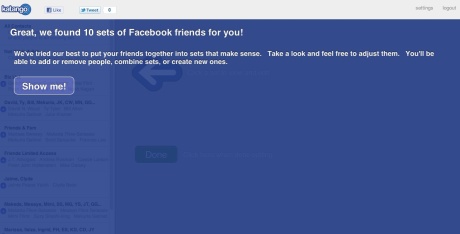
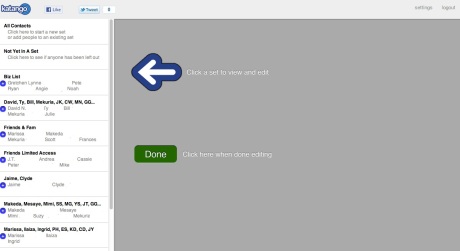
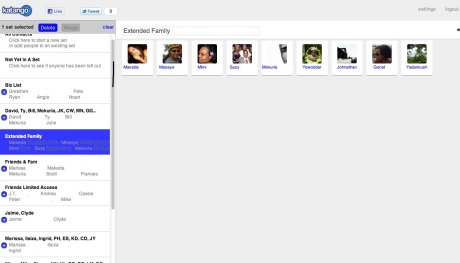
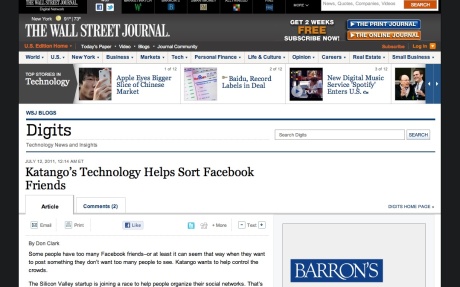
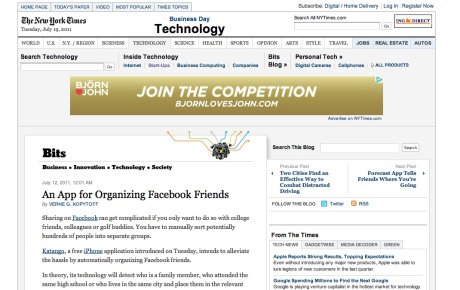
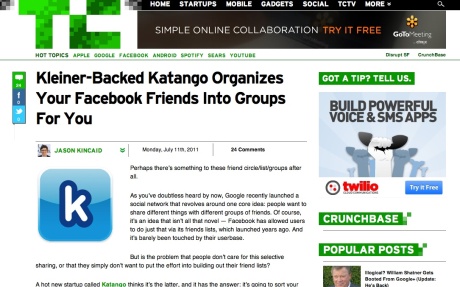
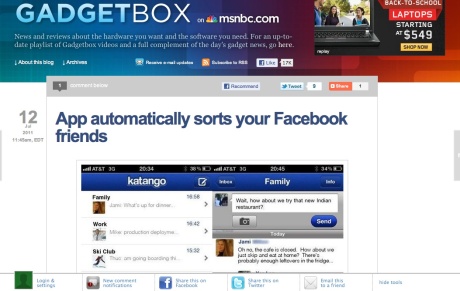
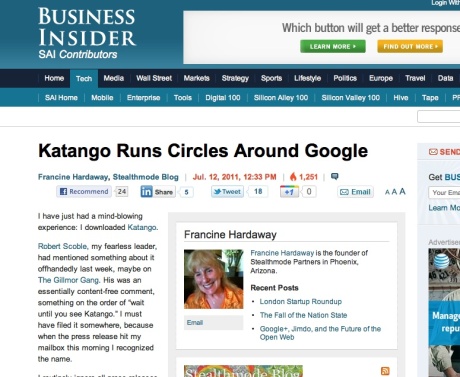









You must be logged in to post a comment.